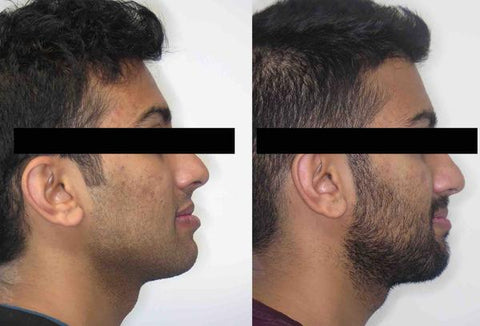What Happens When You Have An Underbite?

No matter how well you take care of your teeth, there are certain dental problems that are caused by genetics and there is nothing you can do to prevent them. An underbite is one of those issues. However, just because you cannot prevent an underbite does not mean that you need to live with it for the rest of your life or let your lifestyle suffer as a result.
This post will cover what happens when you have an underbite and the treatment options available for correcting it. An underbite occurs when a person’s lower jaw extends further out than the upper jaw, creating an overly pronounced and protruding lower jaw. The level of misalignment ranges from barely noticeable to severe. Underbites affect less than 10% of the population, but for that 10% daily encounters can be difficult.
Here is what happens when you have an underbite
Appearance
Because underbites are less common than overbites, people who have them tend to be noticed more and become self conscious as a result. A protruding chin adds to this and can lead to people with underbites being ridiculed as children.
Speech
The top and bottom teeth need to align in order to make certain sounds like “f” and “s”. When your teeth do not line up, enunciating those letters can be difficult. This adds to the feeling of self consciousness, especially during the adolescent and teen years.
Smiling
A dominant lower lip leads to a droopy smile and can make it difficult to move the mouth into a “regular” smile. No matter what you try to do, your smile still looks like your bottom lip is out further than it should be.
Chewing
A simple activity like chewing also becomes difficult when the teeth are misaligned. People with severe underbites are simply a lot less likely to be able to chew their food correctly due to their teeth being out of place.
Jaw Pain
Whether you realise it or not, your jaw is constantly working to try and align your teeth. When that does not happen, it leads to increased pressure that causes headaches and jaw pain. People with underbites may be more prone to developing TMJ as a result of the added pressure on the jaw.
As you can see, underbites impact everything from daily activities like chewing and smiling to longer term physical and mental health. Luckily, there are several treatment options available to bring the upper and lower jaw into alignment.
For more information on these treatments please make sure to get in touch with Northenden House Orthodontics at 0161 884 1481.
- Mohammad Malik

